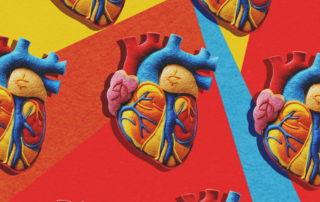Fizzy water might aid weight loss by boosting glucose uptake and metabolism
But effects so small, it can’t be relied on alone to shed the pounds, warns author Regular physical activity + healthy diet still key to slimming down and staying that way Fizzy water might aid weight loss by boosting blood glucose uptake and metabolism—the rate at which the body uses ...











